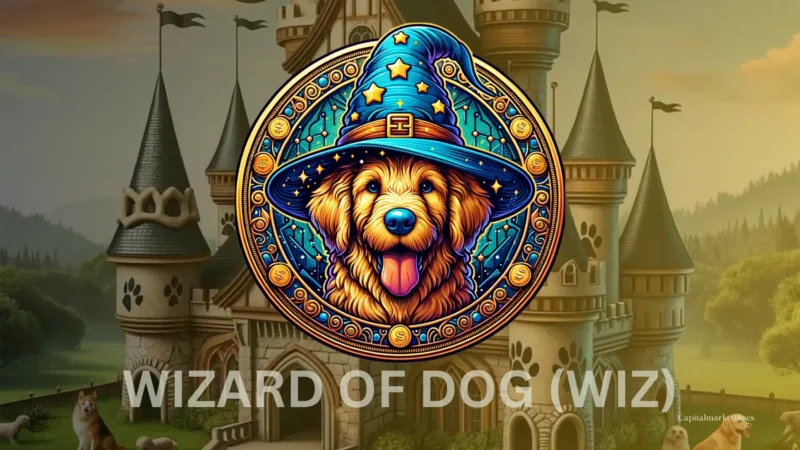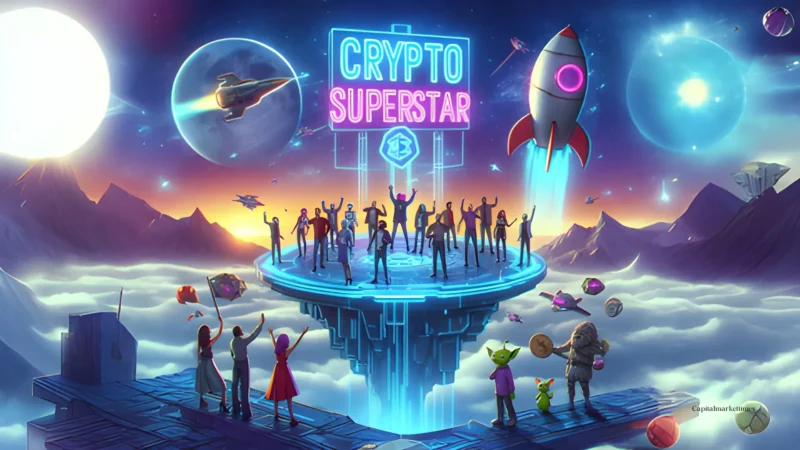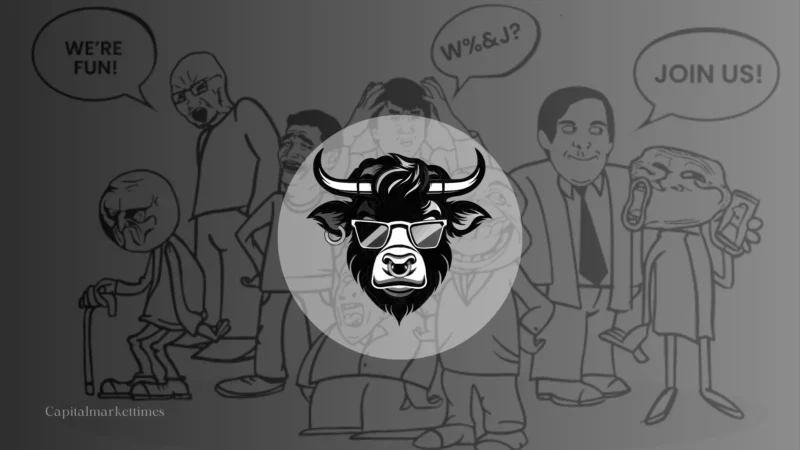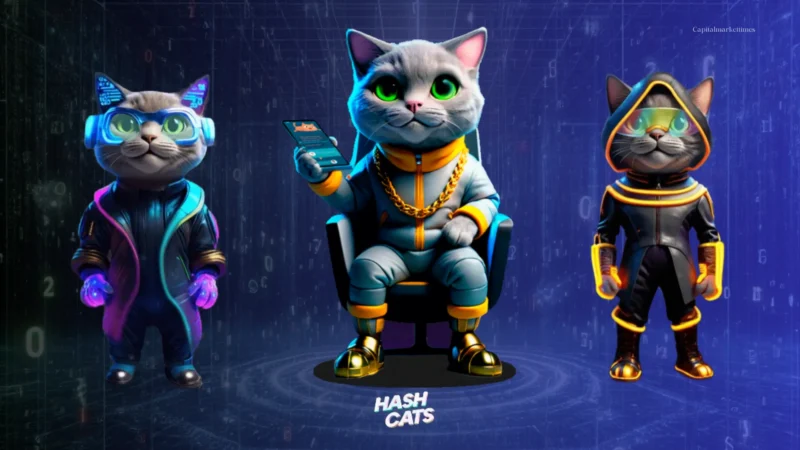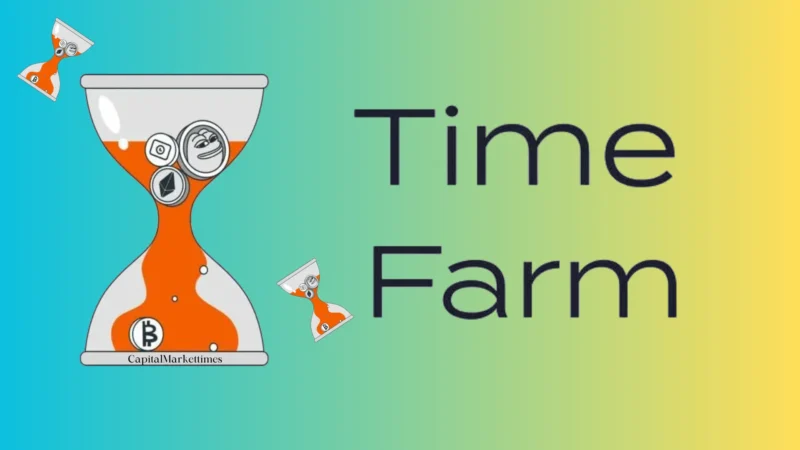What Are Web3 Apps? 5 Examples That Reinvent the Internet

Remember the dial-up days of Web1, where static websites held captive information like precious jewels? Then came Web2, revolutionizing everything with interactive platforms and social media giants. But now, brace yourself for a paradigm shift – Web3 is rising like a digital phoenix, rewriting the rules of the internet with decentralization, user ownership, and mind-blowing possibilities.
Table of Contents
What Are Web3 Apps?
Web3 apps are applications that use the decentralized web, also known as Web 3.0, to provide users with more control, privacy, and security over their data and interactions. These applications rely on technologies such as blockchain, smart contracts, and peer-to-peer networks to enable direct and transparent transactions among users, without intermediaries or centralized authorities.
Some examples of Web3 apps are Everledger, Storj, and Brave Browser.
- Everledger is a platform that uses blockchain to track the provenance and authenticity of diamonds and other valuable assets.
- Storj is a service that offers decentralized cloud storage, where users can rent out their unused disk space and bandwidth to others.
- Brave Browser, a web browser that blocks ads and trackers, rewards users with cryptocurrency for viewing privacy-respecting ads.
How Web3 Evolved With Time?
Web3 is the latest stage in the evolution of the web, which can be divided into three phases:
Web 1.0: The first version of the web, which lasted from 1991 to 2004, was mainly a read-only web, where users could access static content such as text and images, but had limited interactivity and participation. Web 1.0 relied on centralized servers and databases to store and deliver information.
Web 2.0: The second version of the web, which emerged in the mid-2000s, was a read-write web, where users could create and share content, such as blogs, videos, and social media posts, and interact with each other through comments, likes, and ratings. Web 2.0 enabled more user-generated content and collaboration, but also increased the power and influence of centralized platforms and intermediaries, such as Google, Facebook, and Amazon, which collected and monetized user data.
Web 3.0: The third version of the web, which is still in development, is a read-write-execute web, where users can not only access and create content but also execute code and run applications on the web, without relying on centralized servers or intermediaries. Web 3.0 aims to create a more open, fair, and democratic web, where users can benefit from the value they create and participate in the governance of the web.
Web3 apps are still in their early stages, but they have the potential to revolutionize many industries and domains, such as social media, e-commerce, gaming, finance, and more. Web3 applications aim to empower users and create a more open, fair, and democratic web.
Why Web3 Apps is Game-Changer?
Cut Out the Middleman: No more data-hoarding corporations! Web3 apps run on decentralized networks, giving users control over their data and interactions.
Be Your Boss: Own a piece of the pie! Web3 applications often leverage blockchain technology, allowing users to own tokens representing their contributions and governance rights.
Privacy Paradise: Reclaim your digital footprint! Web3 applications prioritize user privacy and security, minimizing data collection and empowering individuals.
5 Best Web3 Apps
1. Brave: Ditch the incognito tabs and embrace a truly private browsing experience. Brave blocks intrusive ads and trackers rewards users for viewing privacy-respecting ads, and even lets you tip creators directly with cryptocurrency.
2. Decentraland: Step into a metaverse built by the community, not corporations. Decentraland lets you own virtual land, create experiences, and interact with others in a fully decentralized virtual world. Imagine hosting art galleries, virtual concerts, or even running your own business – the possibilities are endless!
3. Uniswap: Ditch the traditional banks and dive into the world of DeFi! Uniswap is a decentralized exchange where you can swap cryptocurrencies and earn interest directly, all without intermediaries. Imagine earning passive income on your crypto holdings or making lightning-fast peer-to-peer transactions – DeFi brings a whole new dimension to financial freedom.
4. Axie Infinity: Forget grinding for virtual loot in centralized games. Axie Infinity lets you own adorable Axie creatures as NFTs, battle them against others, and even breed them to create unique offspring. The best part? You can earn real cryptocurrency while playing, blurring the lines between entertainment and earning potential.
5. OpenSea: Own a piece of the digital art revolution! OpenSea is a vibrant marketplace where you can buy, sell, and create NFTs, representing ownership of digital assets like artwork, music, or even tweets. Imagine investing in rising digital artists, collecting unique pieces of internet history, or even monetizing your creativity – the possibilities are as vast as the imagination itself.
Conclusion
Web3 apps are the next frontier of the internet, where users can enjoy more freedom, privacy, and value from their online activities. Web3 apps use cutting-edge technologies such as blockchain, smart contracts, and peer-to-peer networks to create decentralized and transparent platforms that eliminate the need for intermediaries and centralized authorities. It offers a wide range of services and functionalities, from gaming and art to finance and identity, that challenge the status quo and open up new opportunities for innovation and collaboration.
FAQs
How do I start using Web3 apps?
Many Web3 applications require cryptocurrency wallets like MetaMask to connect and interact with the platform.
Are Web3 apps safe?
While exciting, Web3 is still in its early stages, and some apps may come with risks, research thoroughly before investing or participating in any project.
What’s the future of Web3?
Experts predict that Web3 will progressively reshape the internet, empowering users and fostering a more open, equitable online ecosystem.

